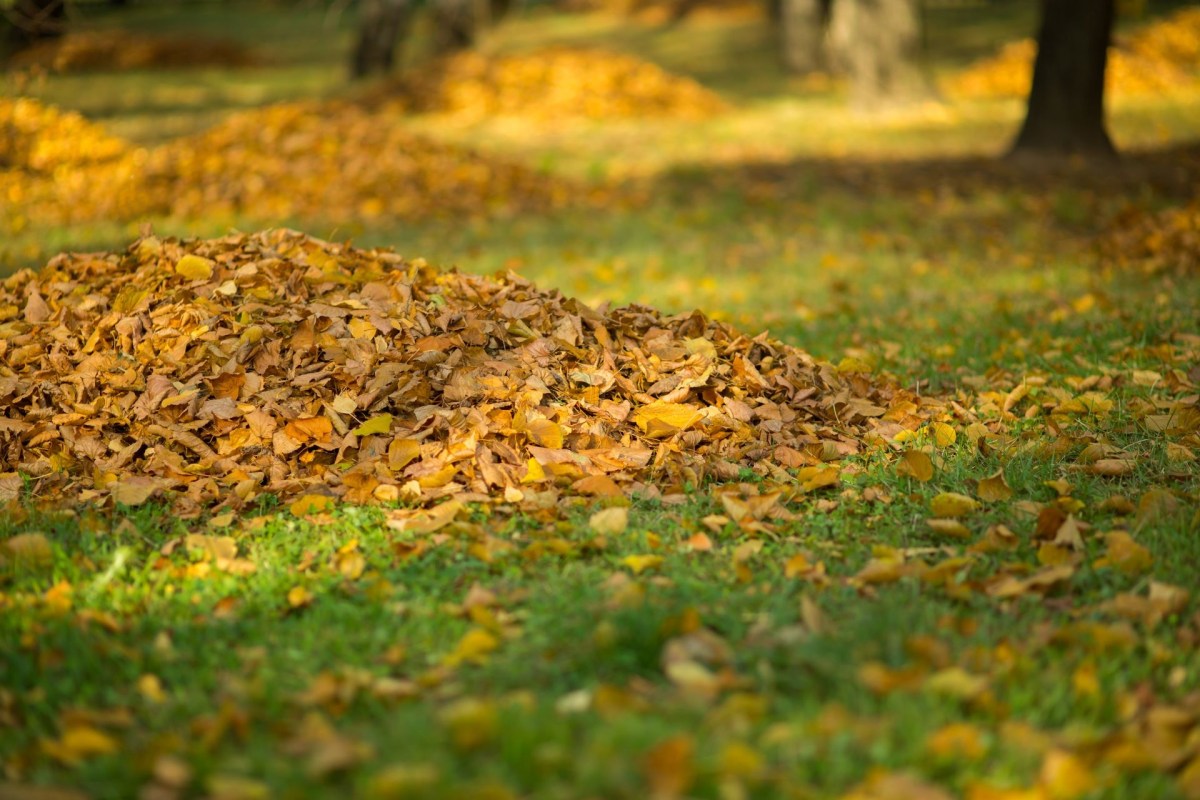With all of the spring garden sales, landscaping projects, and flowery, buzzing-bee aesthetic, it's easy to forget that spring is also a season of transition and not just a start date for your impending yard work.
But according to gardening expert Jessica Damiano, there's a compelling reason to keep your trowels, hoes, gloves, and seeds in the shed for just a while longer.
Writing for the Associated Press, Damiano recommends holding off on cleaning up any leftover detritus from last fall — such as old leaves — until it's warm enough.
Insects shelter under such things and hibernate there through the winter — if they're removed before these insects have a chance to awaken, the biodiversity of your neighborhood will suffer.
All manner of animals rely on insects for food, and plants need them to pollinate. Considering insect populations around the world are in crisis, it is more important now than ever before to avoid interrupting the lifecycle of these creatures.
Damiano also suggests waiting for at least seven consecutive days of 50-degree-plus temperatures before you get back to gardening. And if you simply must get to work clearing plant matter away, she recommends storing it in a corner of your yard for a while instead of tossing it — giving the bugs a chance to wake up and start buzzing.
Also, adding mulch too early to a yard or garden can trap cold temperatures in the soil, which will inhibit root growth. Even worse, if the soil is wet before applying the mulch, you can accidentally create a prime habitat for molds and mildews.
Damiano's rule of thumb is to wait until you can grow warm-season vegetables in your region before adding any mulch to your garden.
On a similar note, adding fertilizer too early can cause some damage, too. Plants that should be putting energy towards root development may take on these nutrients and grow leaves instead, resulting in weaker root strength. Throwing down fertilizer early may also be illegal in your area, so there's little to gain and a lot to lose by doing so.
Lastly, for any spring flowers (like daffodils) that have already bloomed, wait until the bulb is truly withered before pruning them, as they're still generating energy for next year's bloom right up until they turn yellowed and brown.
Join our free newsletter for easy tips to save more, waste less, and help yourself while helping the planet.









